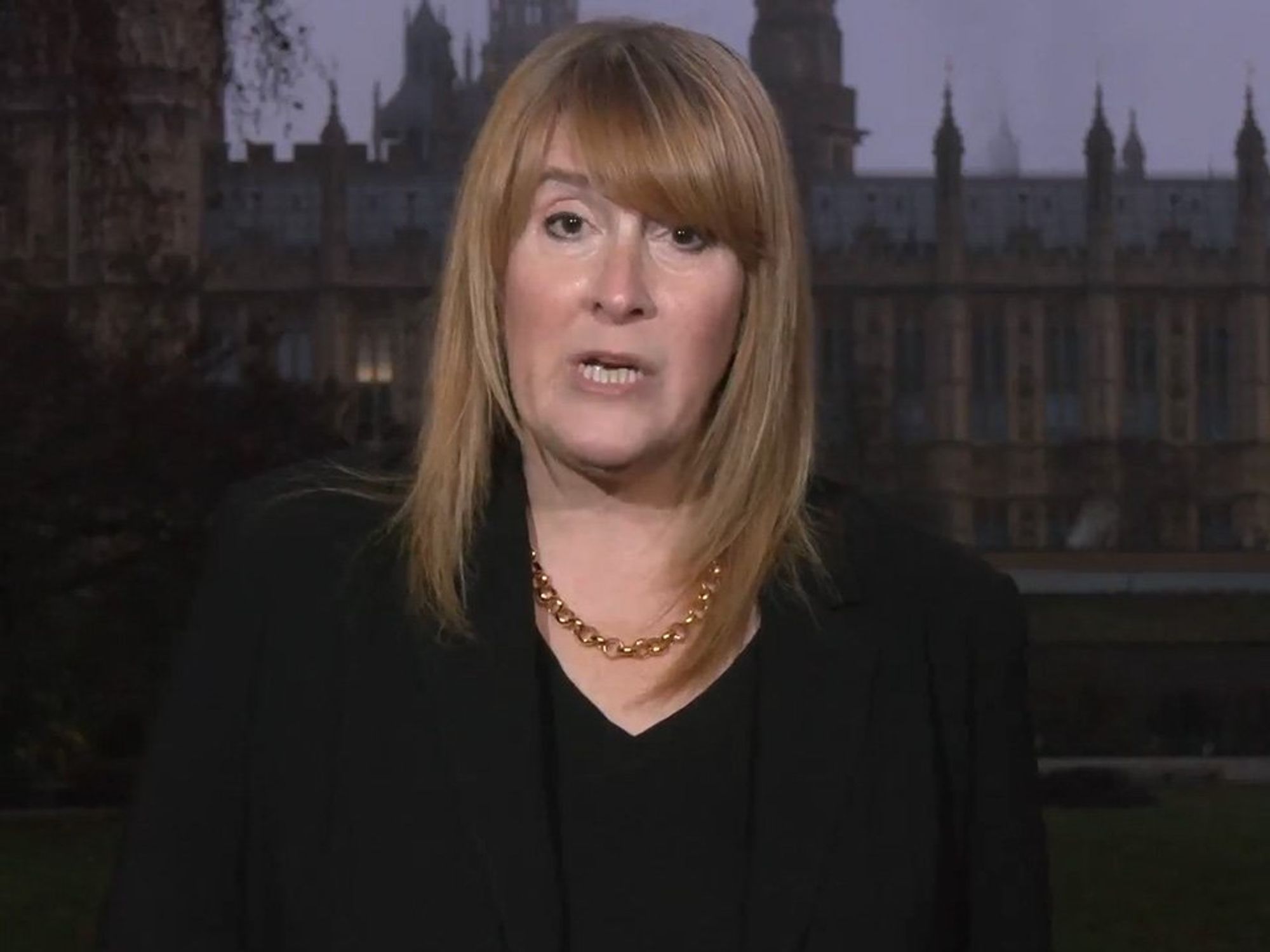'I'm a counsellor - these are the biggest mistakes people make when trying to improve their mental health'
Lynn Crilly sets the record straight on the seductive yet ultimately self-defeating strategies for improving mental health
Don't Miss
Most Read
October marks Mental Health Month, where people around the globe came together to raise awareness of the work that still needs to be done to break down the stigma surrounding poor mental health.
Although great strides have been made in this area, the reality is many people are still suffering in silence with conditions like depression, eating disorders, OCD, anxiety and bipolar disorder.
Due to a shortage of services, and challenges people meet when trying to access them, many people are increasingly trying to develop their own methods for coping and treating their conditions.
Through my work, supporting people young and old, I’ve noticed people fall into common mistakes when trying to improve their mental wellbeing. By understanding what they are, you can better prepare yourself for dealing with them.
Here's the six biggest:
Taking the short over long-term view
Human nature tells us we want a quick fix, short-term wins and success. Our brain is also biased toward the short term and delivering answers which can take away pain and suffering.
But in dealing with mental ill health, it’s vital to develop long-term strategies, which will in turn give more chances of a more positive recovery.
This will give you the best chance of being able to better cope with and manage your illness.
Looking backwards not forwards
Experience and the 'what if' is important and it can teach us a lot. But experience has a dark side.
Our experience is, by definition, limited, because we are. Learning from your own experience can be slow, inefficient, and haphazard.
And if you only trust your past experiences, there is a risk you will never transcend it. Experience can be a prison. Sound mental health often demands the ability to make a leap of faith into others’ experience, to escape the tyranny of our own.
Not seeing what’s in front of you
Human beings are biologically prepared to learn how to avoid pain, harm, and loss. This isn’t that surprising: when we face the possibility of experiencing pain, harm, or loss - avoidance provides quick, effective relief.
But avoidance in mental health is often a devious and dangerous trap. Avoiding rather than solving a problem only eliminates our immediate contact with it. Avoidance also perpetuates itself; it only teaches you to avoid more, and if the only way you know to deal with a problem is to avoid it, you will end up in a prison of your own pervasive avoidance.
Overcoming mental ill health requires facing our challenges, not running from them, becoming our default mode.
LATEST HEALTH DEVELOPMENTS
Avoiding discomfort
Most of us dislike discomfort and seek to minimise it. Why wouldn’t we. It hurts after all. Yet in some cases emotional discomfort can often be useful, and a sign of growth.
Everyone is aware of the expression, just let it all come out when someone breaks down and cries. This process can be very hard and traumatic. But it’s a vital step on the road to recovery too.
Discomfort, in other words, is not the end of the world; it is just the world, and more often it's a sign that you’re alive than a sign that you are broken the quote ‘Life begins at the end of your comfort zone’ comes to mind
Seeing social media as a sanctuary
Sadly, there is a negative and very dark side to the internet and social media. For every positive, inspiring, supportive post, there may be another that is unhelpful, undermining and potentially dangerous.
There are many different environmental factors that may contribute to poor mental health and now social media is close to the top of that list. While it can be comforting to find people with like-minded experiences online, social media can sometimes prove to be something of a sham sanctuary for those in distress.
Popular bloggers and vloggers provide a very easily accessible stage for both the well-intentioned but unqualified influencers as well as those who intentionally intend to promote negative and potentially dangerous behaviours to the wider public, often targeting the most vulnerable.
For those with anxiety or another mental illness, sites that promote messages of self-harm or glorify suicide can be very harmful and dangerous.
Having a Fear Of Missing Out
FOMO, or for Fear of Missing Out, sounds like a modern-day made-up illness, even something of a joke. But actually, FOMO is very real and can have devastating effects on someone’s life, particularly if they have a predisposition to negativity, anxiety, and depression or are in the midst of other stressful events in their own life.
FOMO is the feeling that others are experiencing greater joy or more exciting experiences than you are. While it existed before social media, seeing a carefully curated collection of family, friends’ or colleagues’ most positive, exciting and interesting experiences reflected in their daily or hourly posts (with all the boring, upsetting or negative bits deliberately left out) can supercharge all those insecurities.
We have all felt this to a greater or lesser extent, for example, when seeing pictures of friends at a party you know nothing about or of someone's amazing holiday that you could only dream of.
However, for someone with an anxiety disorder or prone to mental illness, who may already feel trapped in a cycle of negativity, this extra assault on their self-esteem, when it is part of a wider picture of unhappiness and isolation and feeling unable to cope, can be harmful.








